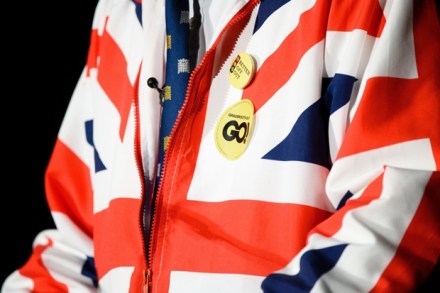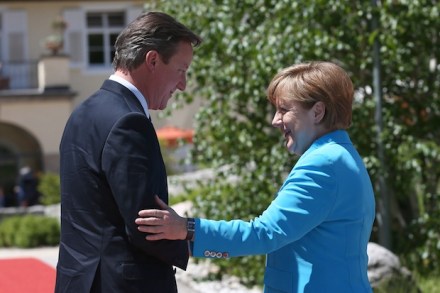The Treasury’s Brexit forecast is ludicrous. We’re better off out of the EU
Leaving the EU should boost pay and create more jobs. Spending our own money on our own priorities ensures that is true from the first post Brexit budget onwards. The dreary gloomy predictions of Remain are all based on the absurd idea that the rest of the EU will want to impose new barriers on their trade with us, and will be able to do so. As we are more the customer than the supplier and as we and they live under World Trade Organisation rules this is pure fantasy. There is one feature of the Treasury’s ludicrous forecasts for 2030 that I agree with. They reckon the UK will



















